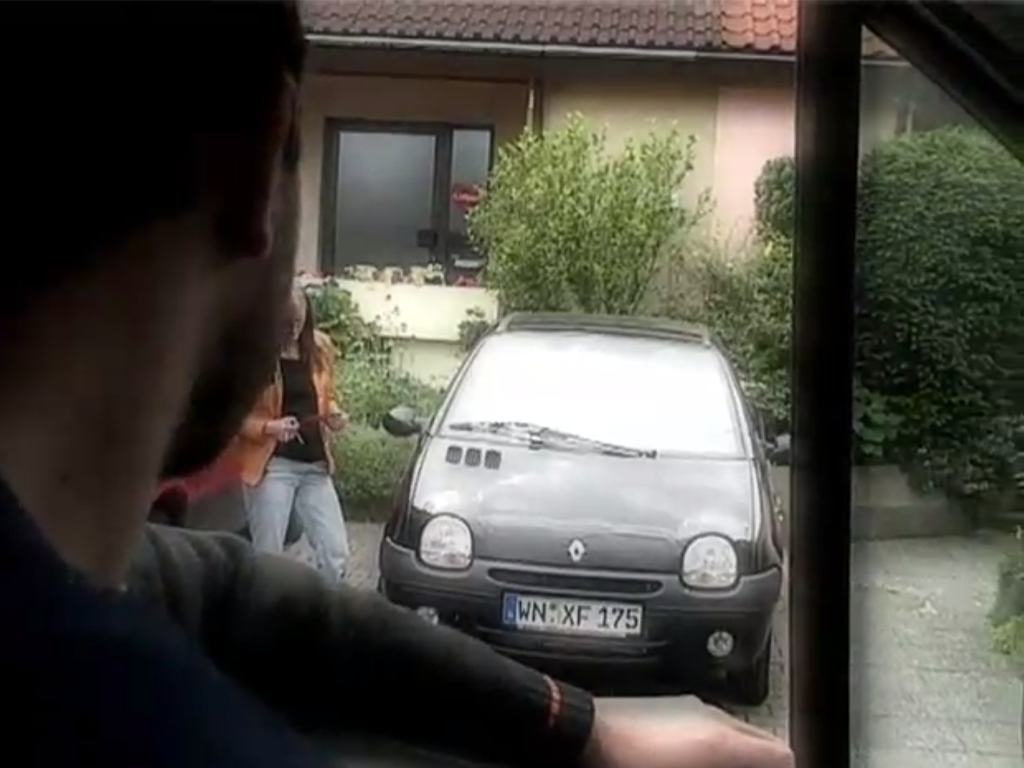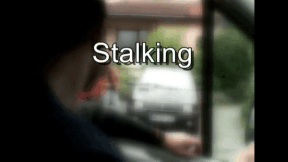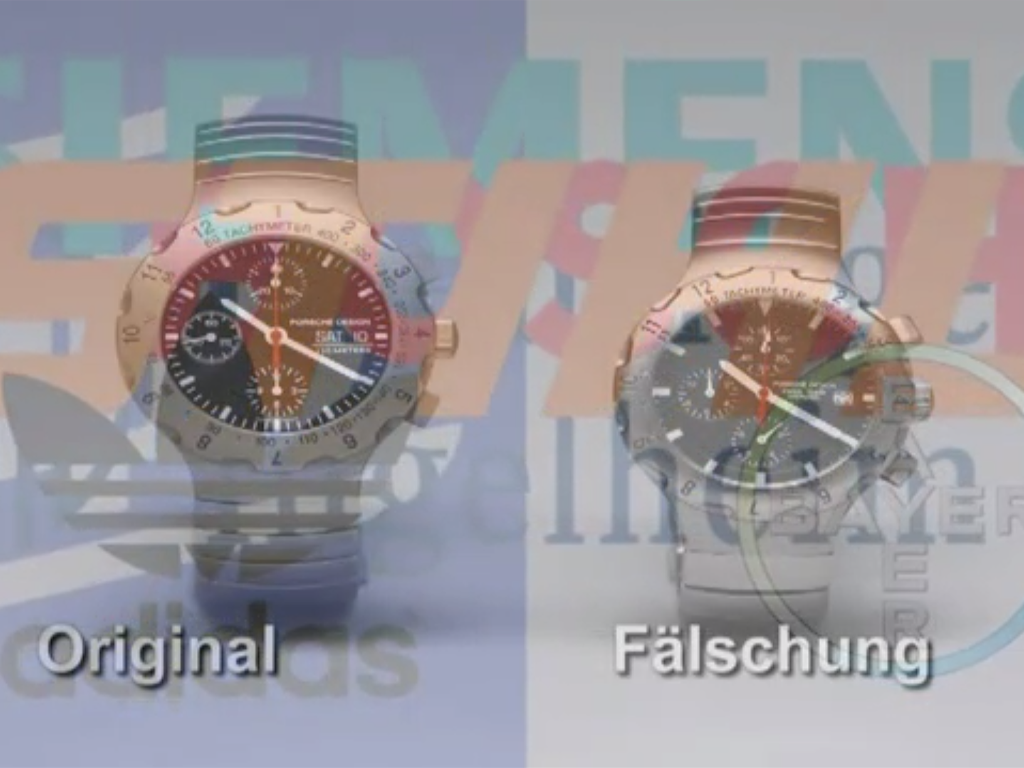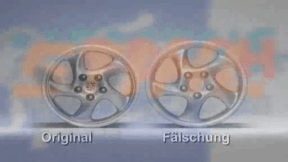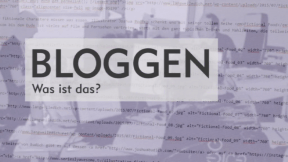 Politics / Civics
Politics / Civics
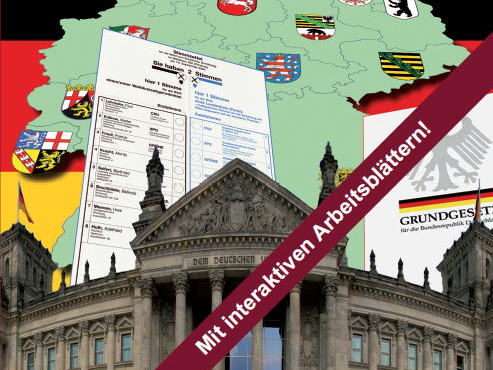
4662219 / 5552796
Democracy in Germany
Basic Knowledge in Politics
Constantly we come across politics in our daily lives, we just do not realise it all the time! Politics does not always take place in full public view but also starts in small settings already, for example at school. The political system in Germany is based on the principles of democracy. That means there are free elections in Germany, an independent parliament and a separation of powers that act independently of each other.
Democracy also implies that from the age of eighteen, every German citizen can vote for the party he or she favours. Also at school, democratic elections are held every year, namely for class captains. Exactly like politicians for the people, the elected class representatives perform special tasks for the other pupils. This media package vividly outlines for the pupils what politics is about – on both a small and a large scale and explains the most important basic terms.
The original and informative accompanying material helps to give the pupils an understanding of the complicated subject-matter of politics and to clarify it.
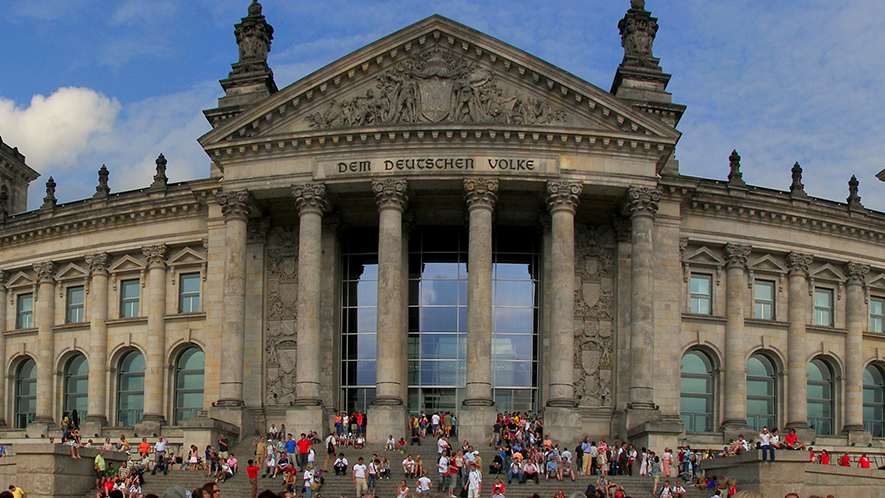
Curriculum-centred and oriented towards educational standards
Matching
Stalking
n Germany, 12 % of all federal citizens are pursued by a stalker once in their lives. And not only celebrities are among their victims! Everyone may be confronted with such a situation.
Product Piracy
Counterfeiting takes place in almost all economic sectors – textiles, watches, car parts, machine parts, tools, accessories, software and medicines. Some counterfeits are easy to recognise, others are so well-executed that even experts have difficulty distinguishing between original and imitation. This DVD covers the development of a product from idea to manufacture. Once a product has become a trademark, product pirates appear on the scene.
Blogging
The weblog or blog, for short, as a medium is not much older than this century. Blogs came into being in the World Wide Web as ’messages from below’, as web pages from web creators who wanted to share their view of the world with the world. They are short notes, long texts, pictures, videos, which are posted loosely and at random intervals to the world for an undefined public.




